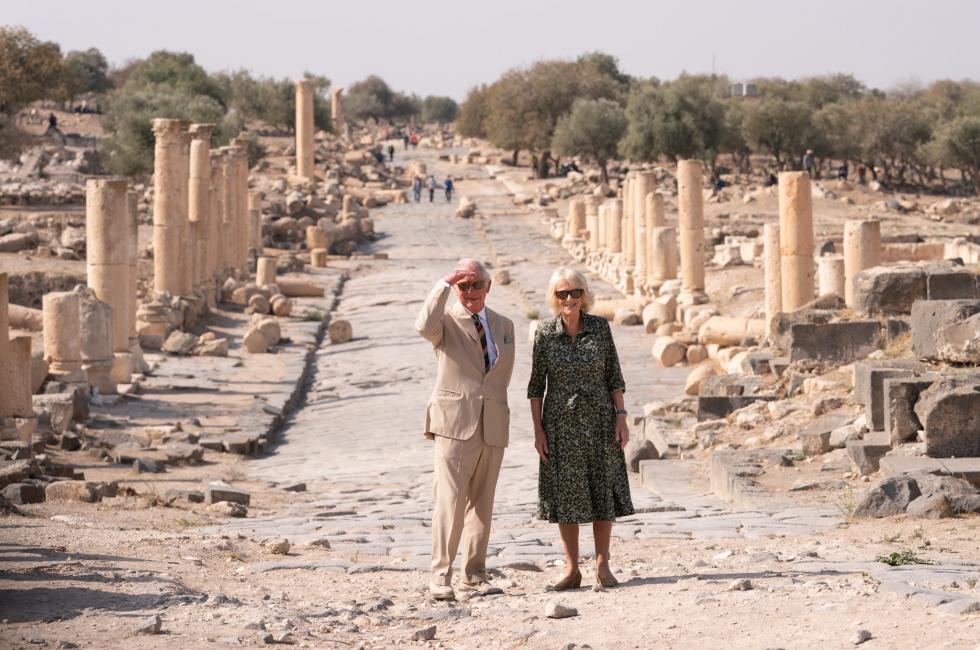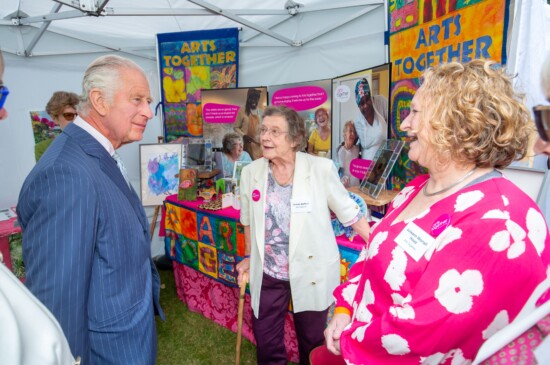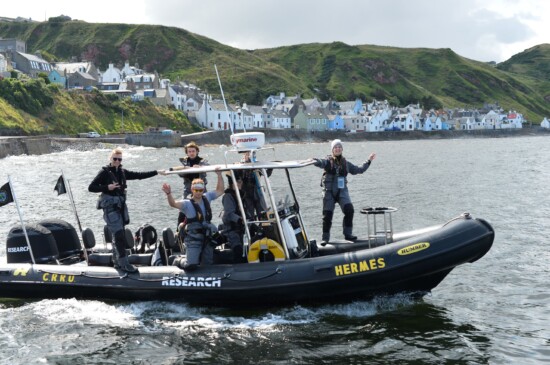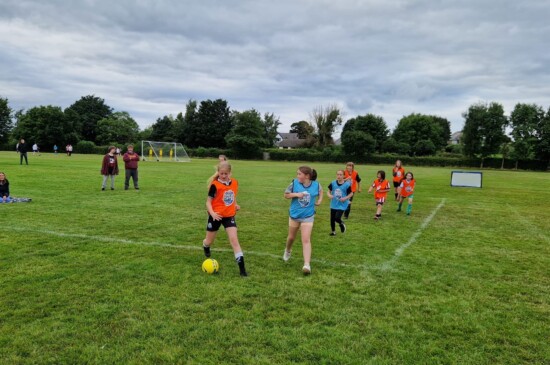
Royal visit to the city of Umm Qais restored with PWCF’s support
- Heritage and Conservation
Last week, TRH The Prince of Wales and the Duchess of Cornwall visited Umm Qais, an ancient city in the north of Jordan. Umm Qais is being restored by the Turquoise Mountain Foundation, supported by The Prince of Wales's Charitable Fund (PWCF).
Established by The Prince of Wales in 2006, Turquoise Mountain works to protect heritage and communities at risk around the world. The charity has worked hard to restore the important and historic site of Umm Qais, which dates back over 2,400 years. PWCF has been supporting this restoration project through a major grants partnership.
Umm Qais is perched on an imposing hilltop overlooking the Sea of Galilee, and boasts an impressive colonnaded street, a vaulted terrace and the ruins of two theatres. It is an important site with Hellenic, Roman, Byzantine and Early Muslim chapters in its history. It is also the place near where Jesus is said to have carried out the ‘miracle of the Gadarene swine’ — freeing a man ‘possessed by the devil’ by casting his demons into pigs.
During the visit, The Prince of Wales and the Duchess of Cornwall toured the site with HRH Prince Ghazi and HRH Princess Diana Firas of Jordan. The Jordanian Minister for Tourism, Nanif Fayez, accompanied the party and discussed the archaeological significance of the site, as well as future conservation plans.
Turquoise Mountain are working to preserve the heritage of Umm Qais, and the crumbling walls of a Roman theatre have been sensitively restored. Local people are employed in the restoration effort, learning specialist crafts such as stonemasonry. In this way, Turquoise Mountain is helping to combat the 70% unemployment rate in the region.
The charity is now restoring ‘Hawsh Al Muahedeh’ (Treaty Court), which will become a centre for heritage and conservation classes and a space for visitors to learn about the work of Turquoise Mountain.
Turquoise Mountain works to protect heritage and build sustainable communities in Jordan, Afghanistan, Myanmar and Saudi Arabia. To learn more about their work, please click here.


